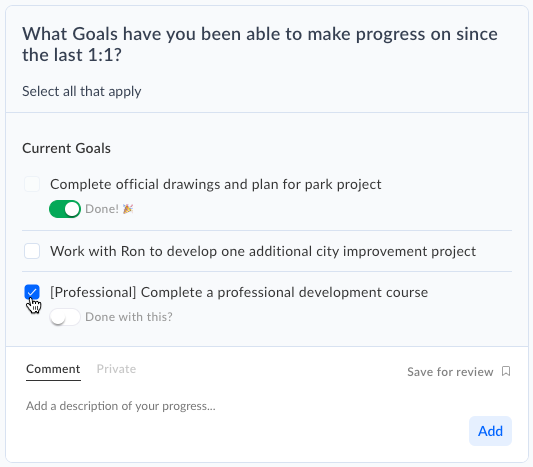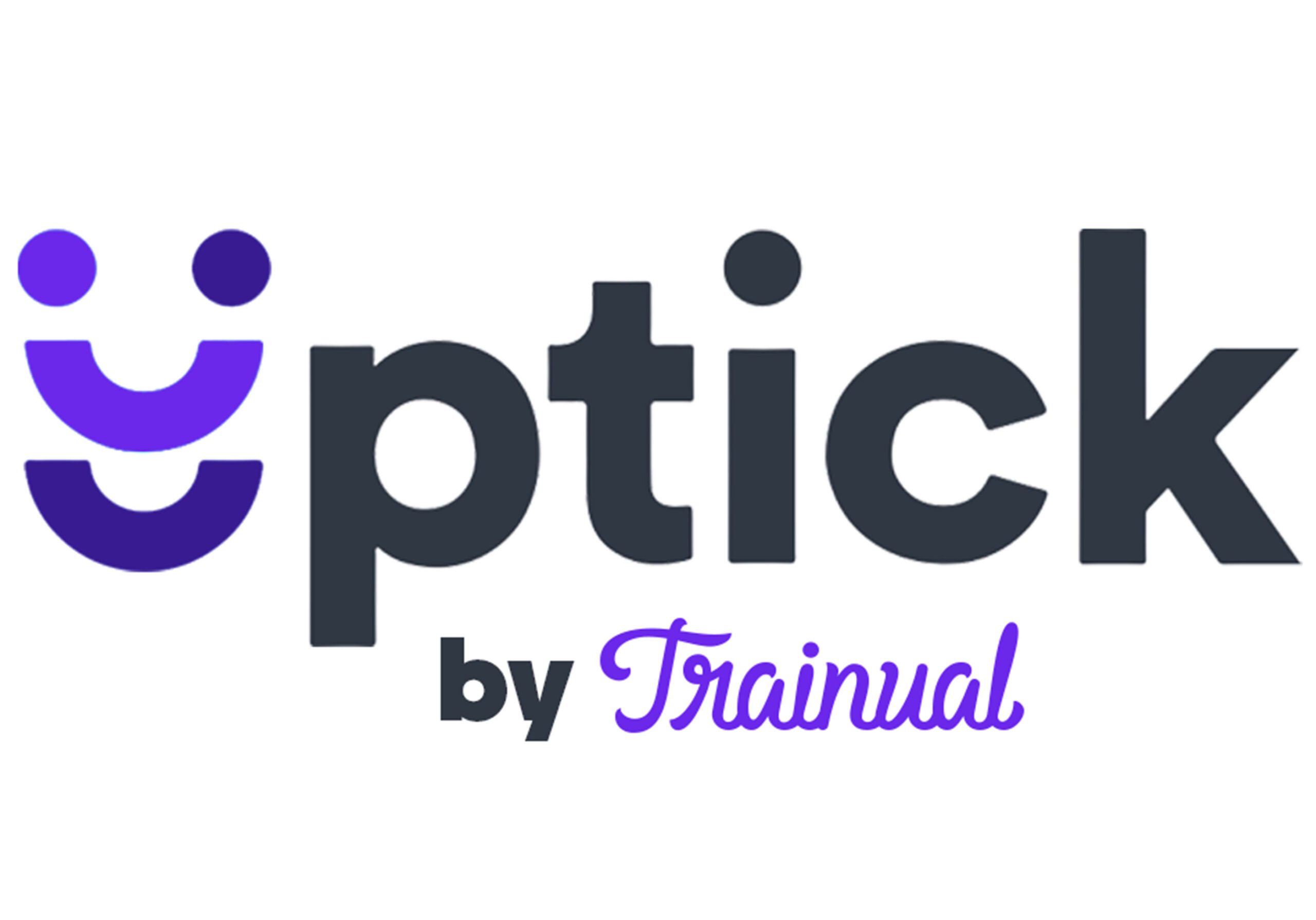If the prospect of giving year-end reviews is filling you with more than the usual amount of dread, you can blame 2020. How can we talk about our teams’ performance like it was a normal year, ignoring the toll taken by a global pandemic and a grueling news cycle? Tracking your team’s success based on performance metrics you set out pre-COVID-19 seems laughable. And adding to a team member’s stress by telling them their performance is slipping just seems cruel.
So here’s a thought: Don’t give your team end-of-year reviews that feel like a test. They’ve been tested enough this year. Instead, it’s time to switch to a form of year-end review that celebrates each individual’s journey and plots the road ahead.
Let’s start by establishing that a year-end review isn’t a performance review. This isn’t the time to compare an employee to their peers or grade their work on a numeric scale. Instead, its purpose is to check in on your team’s well-being and your relationships with them. It’s a conversation, and here are the main points you should hit.
Throw Out the Charts, Focus On the Person
A year-end review is your chance to dig deep on the questions you sometimes have to race through in one-on-ones. So start the meeting by stepping (way) back from status updates. Focus on who this person is and how they’re doing. At this stage of the meeting, focus on active listening. You can go into problem-solving mode later, but at the beginning of the meeting, just act as an empathetic ear.
For example, reserve several minutes at the beginning of a year-end check-in just to ask, “How are you?” Let your team member answer fully and catch you up on their life, both in and out of work. It’ll mean the world to your team members to know that you genuinely care and you aren’t just asking out of politeness.
Don’t forget to highlight the positives in your team members’ lives, both in and out of work.
Ask about how they’re handling the events of 2020, especially if you haven’t done so in a while. Even though many of us have stopped talking about the stress of the pandemic, it’s still something we’re experiencing. Your team might be under particular strain (and need you to extend them some extra leeway) around the holidays.
Check in on your team’s work-life balance. With many companies going remote, the lines between work and leisure are getting blurred. That loss of boundaries can come at a long-term cost to productivity and mental health, so make sure your team isn’t at risk of burnout. Ask what kind of work hours they’re keeping and whether they’re taking breaks.
Don’t forget to highlight the positives in your team members’ lives, both in and out of work. What are they looking forward to right now? What hobbies are sustaining them outside of work? There doesn’t have to be more to these questions than showing you value your team as people, not just work-output machines.
Try our pick for best performance review template
We developed a template that’s simple to use, backed by powerful research, and tested in over 100 performance reviews. And you’ll also get a FREE guide that will help you give a great review!
Tell the Story of the Past Year
Claire Lew of Know Your Team writes that end-of-year reviews are a chance to find a “cohesive narrative” from the year behind you: “This is a meaningful narrative to have as you dive into another fresh year. It’s hard to know how far you’ve come if you never take a moment to pause, reflect, and acknowledge that ‘Oh wow, we have come far.’”
Before meeting with your team, send them a list of questions to help gauge their progress. Conducting this self-evaluation will prepare them to have a more in-depth conversation in the review, instead of feeling put on the spot.
Here are a few worthwhile questions to contemplate:
- What were your goals this year? Did you meet them? If not, what got in the way?
- What challenges did you face, and how did you deal with them?
- What do you know now that you didn’t at the beginning of the year?
- What was your proudest achievement of the year?
Why is this important? Because without reflection, work starts to feel like a repetitive grind instead of a journey. And that’s dangerous because employees who don’t feel they’re making meaningful progress are much more likely to be disengaged.
End-of-year reviews are a chance to find a “cohesive narrative” from the year behind you.
So instead of assessing your employee’s performance history like a line graph, think of it more like one of Spotify’s personalized year-end playlists, capturing each person’s highs and lows. This story should focus on the individual team member’s journey, but it can also touch on the challenges shared by the team and the company as a whole.
You don’t have to do all the work yourself in telling this story. Before the meeting, both you and your team member should go over one-on-one notes from the last year to identify a narrative. From there, you can ask questions to sketch out the storyline.
Set a Course for Next Year
End your review by focusing on the future—your team’s hopes, dreams, and concerns about the year ahead. Encourage them to chart their own paths, and set their own goals. But this is the part of the meeting where you can flex your problem-solving muscles by identifying obstacles and planning how to address them.
Check in on goals
This is a good time to set new professional development goals, if you haven’t already. These goals should include both hard and soft skills for each team member to practice over the next year. Help them set these goals by asking questions:
- What aspects of your job do they want to feel more confident about?
- By this time next year, do you want to be in the same role? If so, how do you want to grow in that role?
- What company values do you want to practice in the next year? (For example, they may want to work on creativity, leadership, or communication.)
If your team is already working on development goals, reexamine them to see if they’re still a good fit. You might have a team member who already blew through their benchmarks for the first quarter and needs a new set of challenges. Or maybe a team member who thought they were interested in leadership has since changed their mind.
Recalibrate your relationship
Planning for the year ahead also means checking in on your relationship and making course corrections as needed. By this point in the meeting, you’ve proved your commitment to helping this person succeed, so they’re more likely to give you candid feedback on their needs.
- What do they need from their relationship with you in the next year?
- Would they do better with more direct oversight or would they prefer more autonomy?
- Do they feel your one-on-one meetings are productive? Do they have the right mix of tactical, strategic, and personal check-in?
- Are you providing adequate mentorship and growth opportunities?
- Is there anything you don’t know or understand about their current challenges and goals?
Take notes, and follow up
When you end this conversation, you’ll have a much clearer picture of your team’s overall health. But that insight isn’t valuable if it exists in a vacuum; what you learn here needs to inform your day-to-day management choices.
So follow up on the issues that each individual raises in their meetings. Make them regular topics in your one-on-one checkins. A tool like Uptick allows you to do this by setting individualized goals and agendas so you don’t lose track of anyone’s journey.

End 2020 by Putting Your Team First
At the end of a uniquely stressful year, the last thing you want to do is add to your team’s anxiety. So don’t send them off to the holidays with a year-end review that makes them feel judged. Instead, take this time to make each team member feel listened to, and help them recognize their own needs. Centering your team will restore their sense of control and agency at work and redouble their commitment when they come back in 2021.
Check Out Our New Course:
"How to Give a Great Performance Review"
Most people HATE performance reviews. But they don’t have to awful, or even awkward. Whether you’re creating your own review process or you’re executing what your company already has, you can still make a performance review great for your team members!


